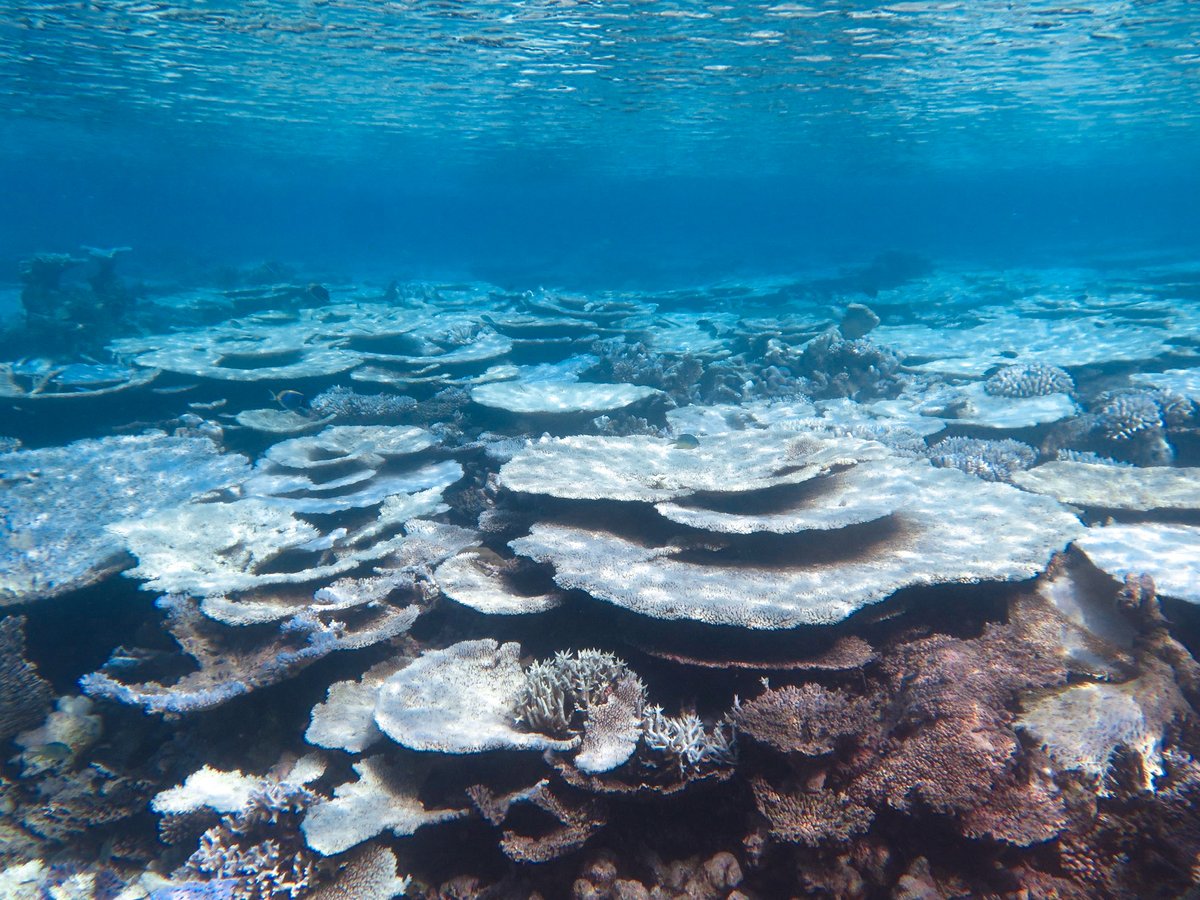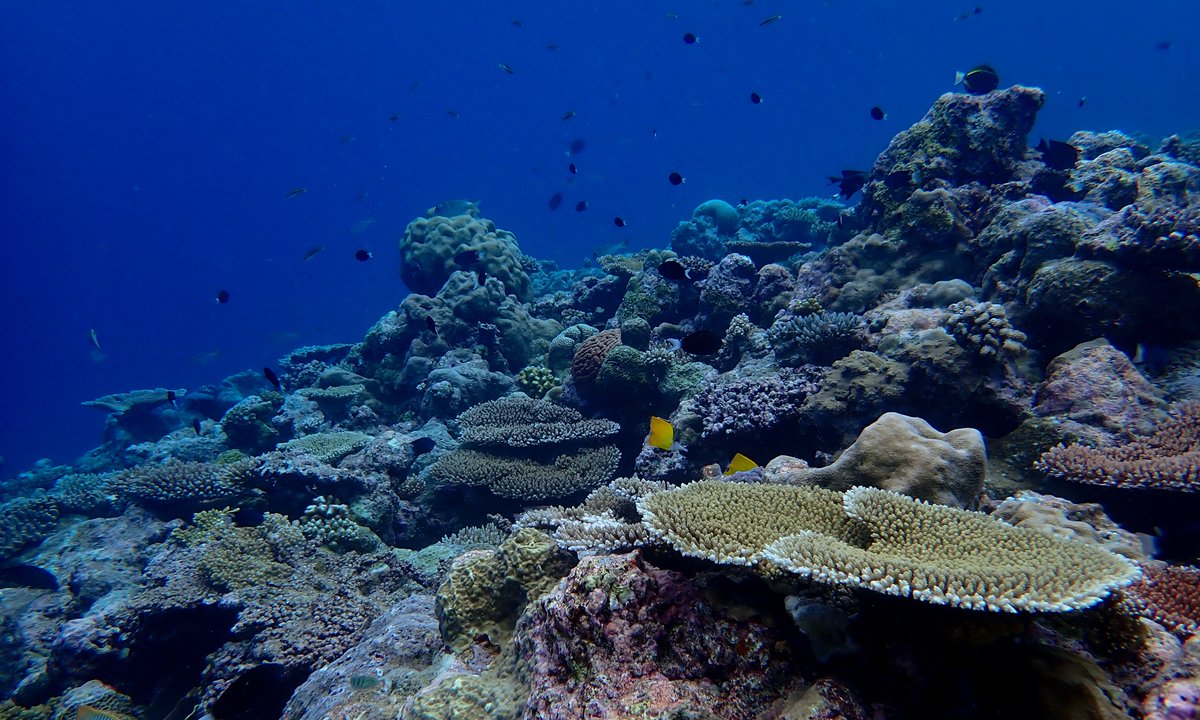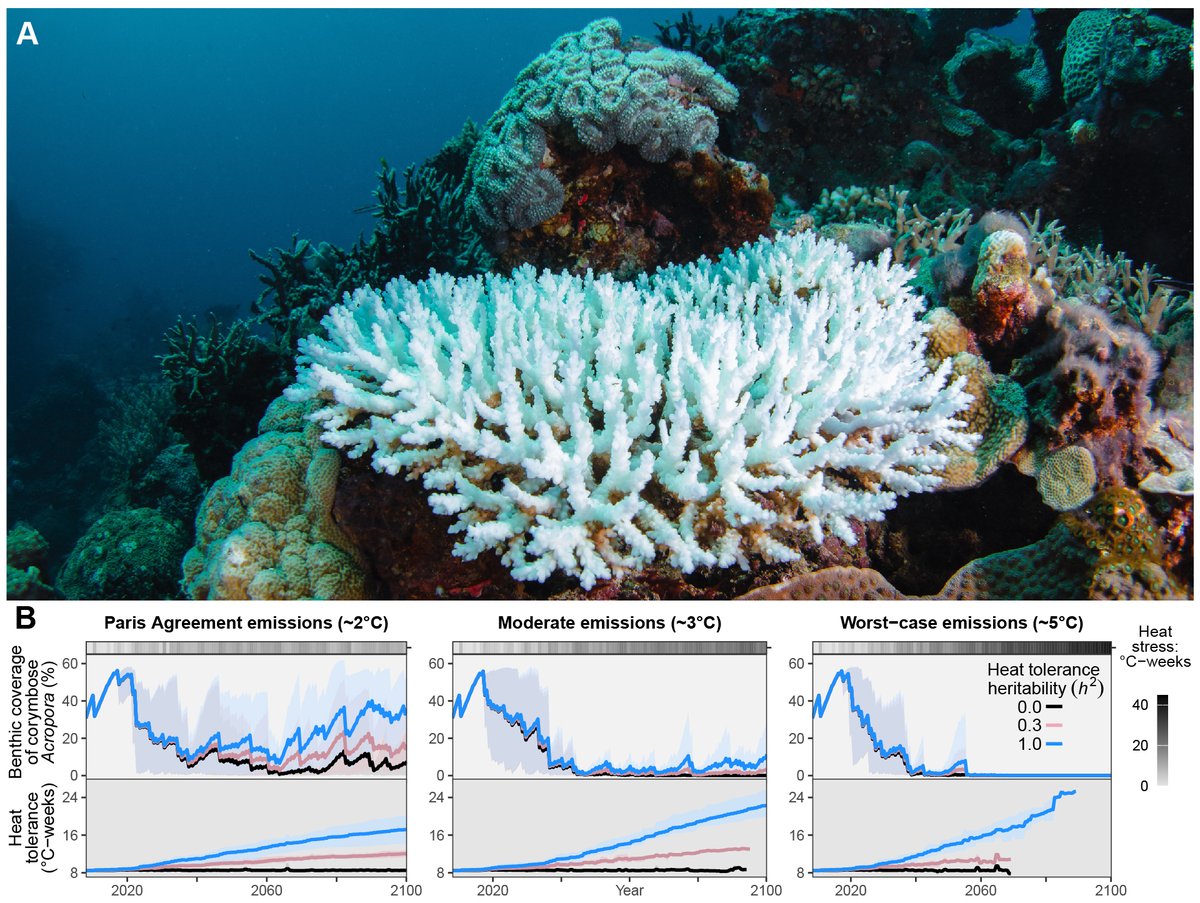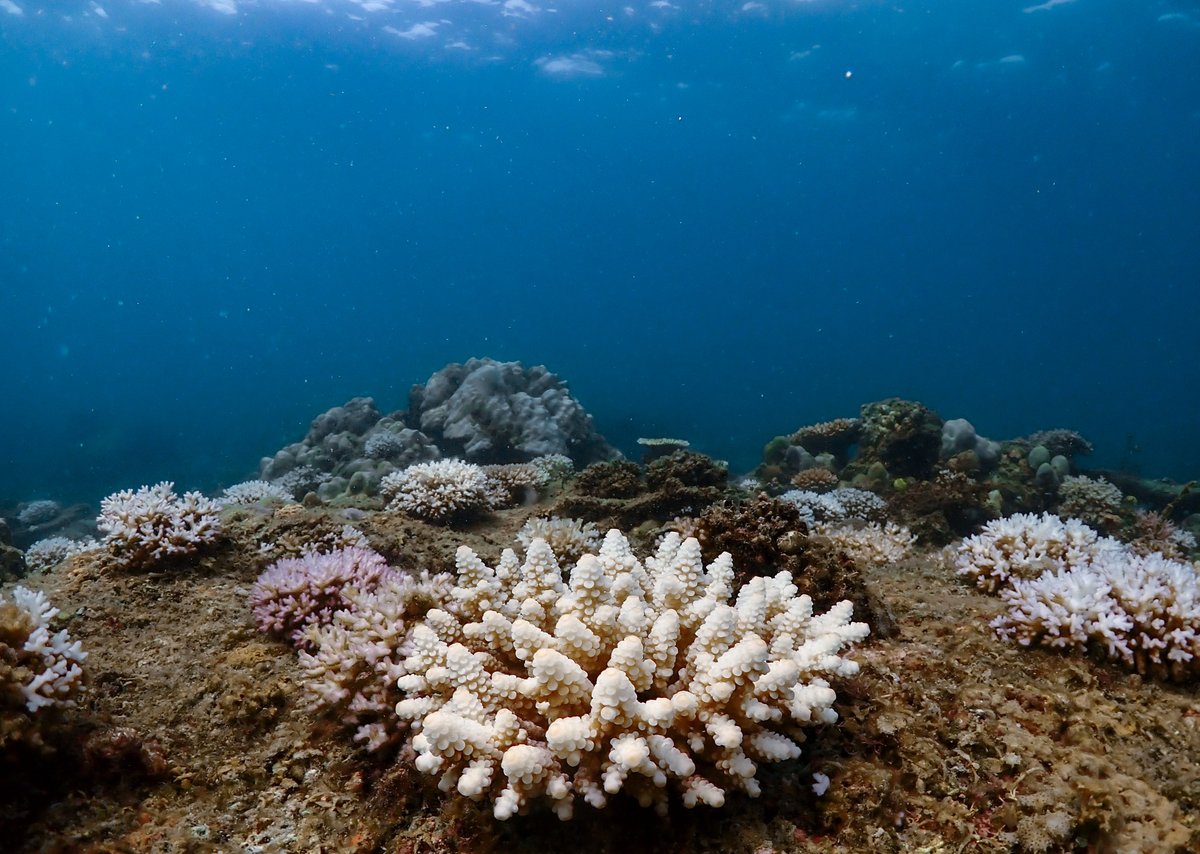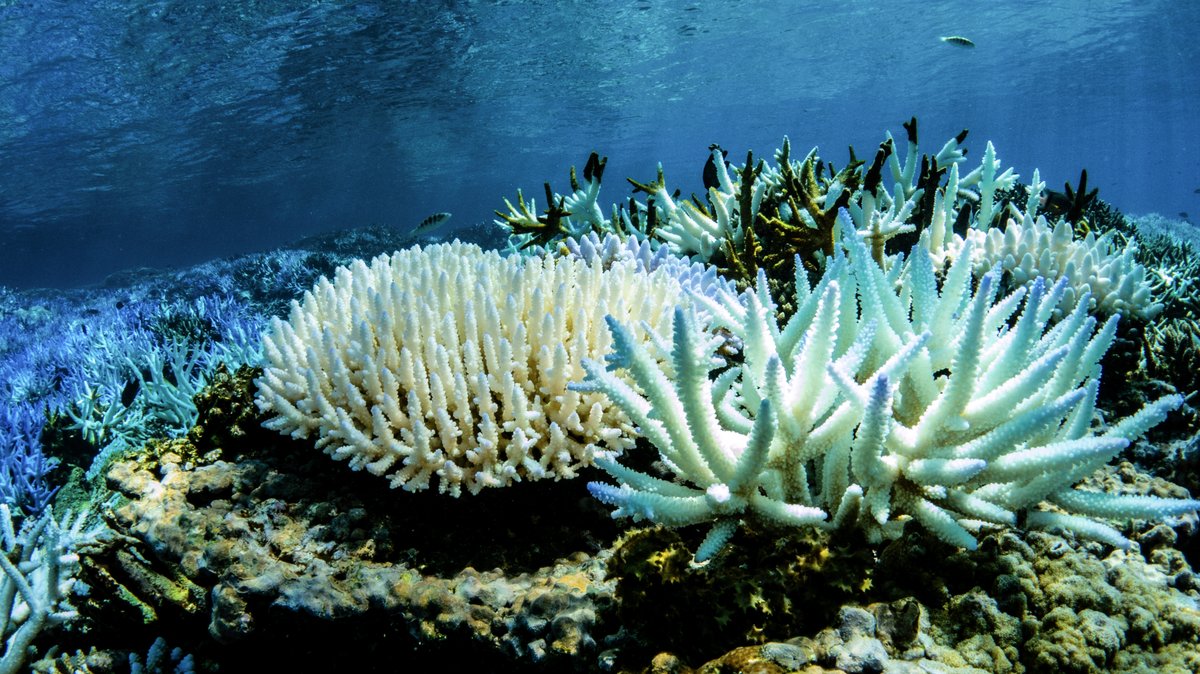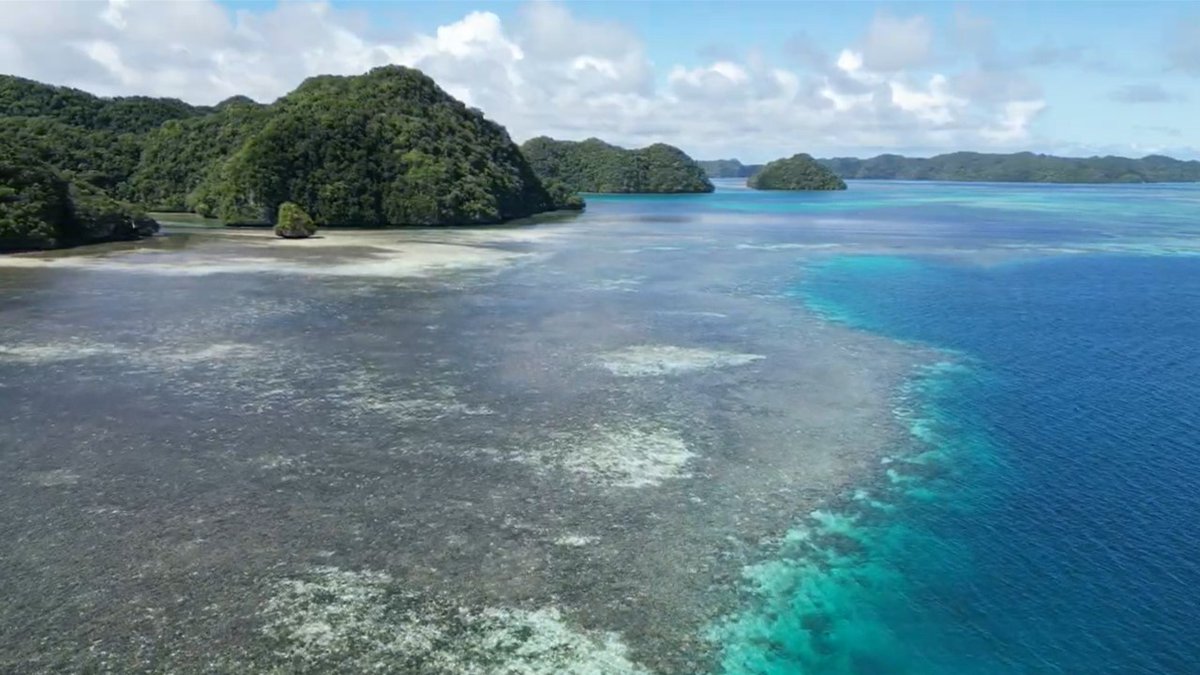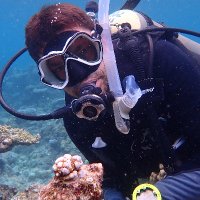
James Guest
@jr_guest
Reader in Coral Reef Ecology at Newcastle University. PI of @Coralassist_Lab. Favorite activity: swimming over a healthy coral reef!
ID: 2764297240
https://www.coralassistlab.com/ 07-09-2014 20:41:48
1,1K Tweet
2,2K Takipçi
2,2K Takip Edilen

Great fun chatting with Paul Turner and Jan on #TransformingTomorrow! 🌳🪸🐠📈 Really enjoying this collaboration with LEC Reefs Lancaster Environment Centre The Pentland Centre for Sustainability in Business Lancaster University Management School open.spotify.com/episode/7b1gXt…

📢New Paper Alert📢 on corals and climate change in Science Magazine Adaptation via natural selection could determine whether Acroporacorals persist under expected levels of global warming Hyperlinks & explainer thread below ⬇️ (1/12)


Our thoughts at The Conversation: theconversation.com/corals-can-ada… The full paper in Science Magazine: doi.org/10.1126/scienc… Open access accepted version: eprints.ncl.ac.uk/302731 (2/12)









Thanks for supporting this work: UK Research and Innovation Natural Environment Research Council ONE Planet DTP European Research Council (ERC) Mitacs Royal Geographical Society (with IBG) International Coral Reef Society IDEA WILD Coauthors: YM Bozec, J Bythell, Simon Donner Holly East AJ Edwards Yimnang Golbuu Marine Gouezo James Guest Adriana Humanes C Riginos & Peter Mumby (11/12)


Thanks to all the other supportive groups & institutions helping fuel ideas in our field: Palau International Coral Reef Center (PICRC) Australian Institute of Marine Science Sciences at Newcastle Ecology Group, Newcastle University Coralassist Lab UQ Science UBC Oceans (also found at ubcoceans.bsky.social) Southern Cross University (12/12)




Delighted to see our paper out in Science Magazine today. And congrats for the amazing picture James Guest! science.org/doi/10.1126/sc… Sciences at Newcastle UQ Science

Allee effects require corals to lie within a few metres of their neighbours to achieve successful fertilisation. doi.org/10.1073/pnas.2… open access Gerard Ricardo Christopher Doropoulos Palau International Coral Reef Center (PICRC)
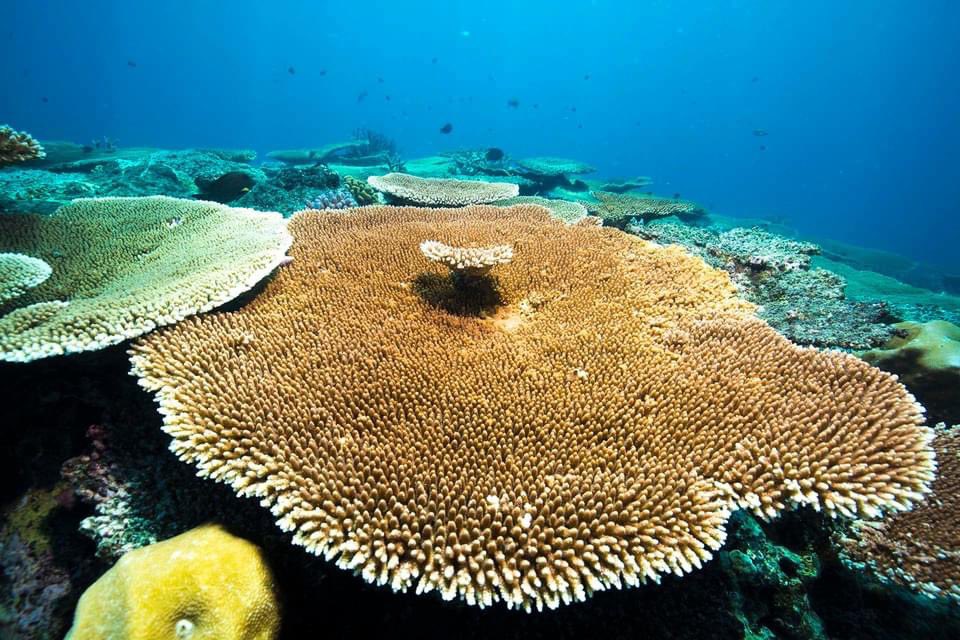

Watch our new video showcasing the collaborative project between Palau International Coral Reef Center (PICRC) and Coralassist Lab on climate-smart management of Palau's reefs! shorturl.at/9vfqq

Congrats to Rubén de la Torre on his first PhD paper showing that a period of darkness post-sunset can regulate the date of spawning in an Acropora coral.

